Action for Social Change: Balances and Tensions of Power in ComDev Practice
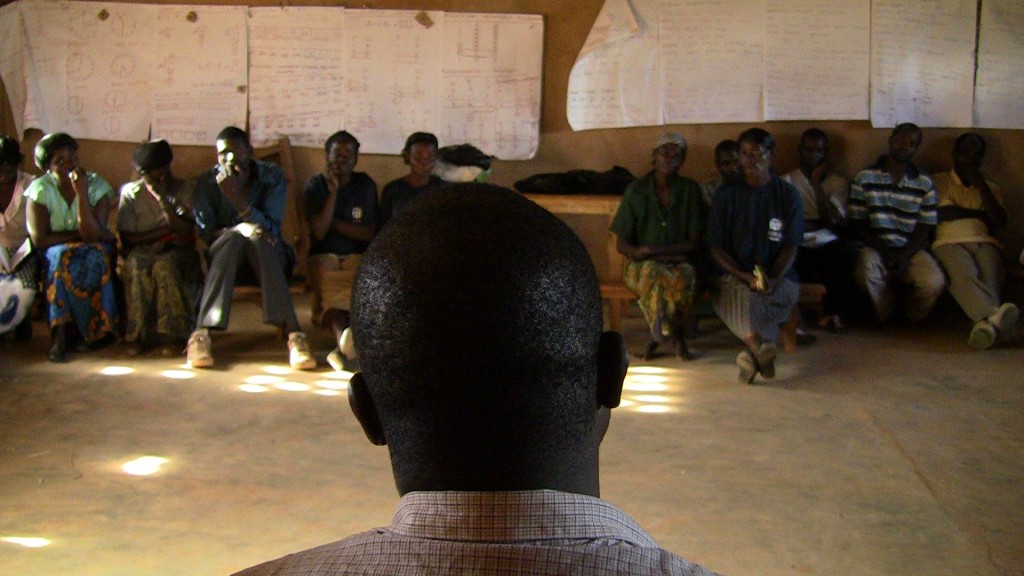
What makes Communication for Development (ComDev) strategies come into NGO initiatives, how does it work and evolve? What are the limits and potentials of ComDev within an international organizational setup? This week Ørecomm researcher Jonas Jeppesen presents findings from his ethnographic research.
Over the last 5 years Jonas Jeppesen has studied ComDev and the development of an international, NGO-driven development program. This week he has presented his findings at the ECREA IIC (European Communication Research and Education Association, International and Intercultural Section) conference that took place in Barcelona. As the conference was focused on Communication, Development and Human Rights: Social Change and Media Flows, research on cross-border development cooperation and ComDev strategy implementation was topical to discuss.
Jonas Jeppesen argues that ComDev is at the core of Action for Social Change (ASC), an international development program performed by Danish and East African NGOs. The NGOs organize ASC in networked fashion, and they are all members of a wider international organization called ADRA. Since 2010, when the first ASC strategy came into being, work of ADRA NGOs has gradually changed its focus from HIV/AIDS mitigation to civil society development. Jonas Jeppesen has conducted research in Uganda and Malawi, producing and collecting data on professional Community Development Facilitators, contracted within the ASC program and working with rural village and semi-urban community members.
Duties of Community Development Facilitators include informal counselling, local lobbyism, arranging awareness-raising meetings, training workshops, circle work and public dialogues, and sometimes acting as intermediaries between different stakeholders. Their role is “ambiguous”, Jonas states, referring to the 10-year-old but still growing critical literature on professional development practice, also known as ‘aidnography’:
“While the normative goal is for the Facilitator to take side with the community members and offer them advice and consultancy on how to organize development efforts, his or her position is simultaneously one of expertize and superiority in relation to the users or program ‘beneficiaries’.”
Efforts of these professionals eventually lead to emergence of locally rooted ComDev practices. For instance, originally a method developed in 90s by Action Aid, Reflect Circles is a type of community circle work promoted by the ADRA Facilitators. It empowers community members to define and seek solutions to their own problems, and to become literate (in more than one sense of that word) through a process of voicing and listening. Here is an example of Reflect Circle practice in India:
Within the ASC program, issues raised and debated at this first stage of Reflect Circles may be captured by community members that are also members of a local Community Radio Club. Community Radio Clubs are typically established by ADRA who also provides them with some training in citizen journalism. The next level of the ASC ComDev strategy is then to bring these issues into wider public spheres, for instance in the form of national radio and television debates and edutainment programs.
Looking closer into the balances and tensions of power in professional front-line development practice – that the Facilitators do to make the ASC strategy work, or what they do if it does not – Jonas expects that his study will “challenge dichotomous conceptions of frontline NGO workers as either self-interested ‘development brokers’ on the one hand, or altruistic ‘development ideologists’ on the other”.
Image Courtesy of Jonas Jeppesen
 New PhD opportunities at the University of Leicester
New PhD opportunities at the University of Leicester Call for Abstracts: New Directions in Media, Communication and Sociology (NDiMS) Conference
Call for Abstracts: New Directions in Media, Communication and Sociology (NDiMS) Conference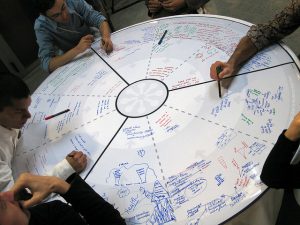 Ørecomm Team to Gather at the University of Coimbra
Ørecomm Team to Gather at the University of Coimbra “Communication and Social Change – A Citizen Perspective” Published
“Communication and Social Change – A Citizen Perspective” Published C4D Network to Sum Up Global Communication for Development Practice
C4D Network to Sum Up Global Communication for Development Practice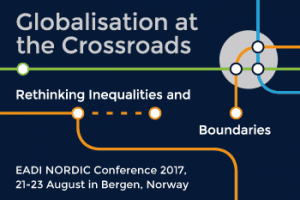 Entering Media and Communication into Development Conferences?
Entering Media and Communication into Development Conferences?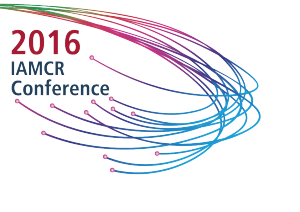 IAMCR Conference 2016: Communication for Development Highlights
IAMCR Conference 2016: Communication for Development Highlights Glocal Classroom Revisited – Storytelling & Social Change Leicester-Malmö
Glocal Classroom Revisited – Storytelling & Social Change Leicester-Malmö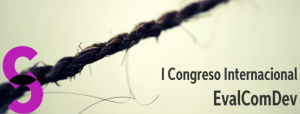 I EvalComDev International Conference: Call for Papers
I EvalComDev International Conference: Call for Papers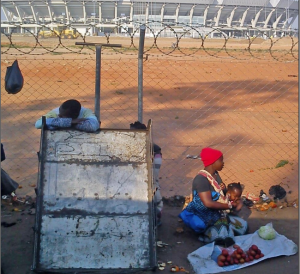 Looking for Media and Communication in Development Conferences: Devres 2016
Looking for Media and Communication in Development Conferences: Devres 2016